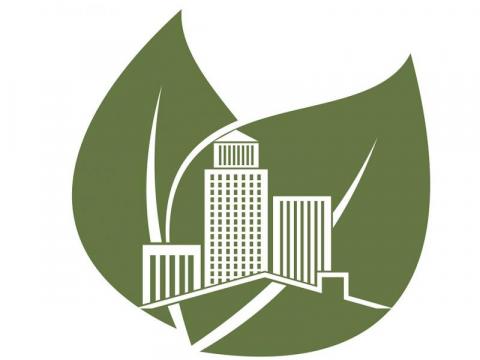
By Jack Bourassa, Regional Executive Vice President for the North
As published in the Yellowknifer, June 2016
‘Liberals will create clean jobs, grow our economy, and protect our environment’, boldly claims the 2015 Liberal platform document, next to a photo of young Justin canoeing with senior Trudeau – presumably to show his yet unconscious appreciation of the great Canadian outdoors.
The extent to which that promise will be fulfilled is not key here. What matters is that, after a decade of antiquated environmental policies and utter ignorance of global realities, we are finally seeing sensible shifts in the federal political discourse.
Some would say it was inevitable. Climate change has been showing its ugly head time and time again, hitting nations of all GDPs, stripes and colours in too many ways to mention. The Fort McMurray fire could be one such tragic example. Deniers appear to be a declining species.
Still, actions to address climate change have been literally all over the map, even throughout Canada’s North.
We have yet to see one coherent response, although the impacts of climate change are nowhere as obvious as here. Melting permafrost, increased incidence of freezing rain and landslides, decreased availability and quality of freshwater, coastal erosion and decreased wildlife are but a few of the changes observed in the Arctic.
While the Yukon appears heavily focused on clean energy generation, having reached almost 100 per cent renewable energy in 2013, the NWT lags behind. To be sure, the energy challenges here are harder to surmount. But any challenge is harder when the political will is missing.
In the NWT our story is one of exploitation: a rip-it and ship-it arrangement, whereby we subsidize corporations through taxes, road building and pay for the damage left. Businesses come in, pollute our waters and air, get their prized goods, and leave. Temporary jobs, temporary wealth, permanent damage.
It’s not a new story. But it’s not an ancient story, either. The centuries-old stories of the indigenous peoples talk of respect - for the earth and its living creatures, for each other. Sheer wisdom: a planet with limited resources must be treated accordingly.
By the time you read this, the Government of the Northwest Territories would have presented their next territorial budget, which might have carved out funds for yet another road to be built for the next mining company. Yet another story they would portray as the environment versus the economy.
The economy, however, is essentially human activity – production and consumption of goods and services. When we oppose these concepts, we are almost stating we are against or in opposition to the environment. But are we, really? Aren’t we just another species, unable to survive without air, water and other components of the environment? Aren’t we also the environment?
As nations come to grips with the environmental and economic realities of today, it becomes increasingly clear that shifts are needed at all levels of governance. Our own mentalities also need to change, as we all have a role to play, whether it is through reducing consumption at the household level; talking to your MP or MLA about concrete action toward sustainable local economic development; or embracing reskilling for participation in a green economy.
The only way to bridge the old and the new story is to create a different narrative about this planet we collectively share and collectively consume. A brighter story. Together.
Sources
https://www.liberal.ca/files/2015/08/A-new-plan-for-Canadas-environment-...
http://www.cpj.ca/content/climate-change-canada%E2%80%99s-north
http://www.cbc.ca/news/canada/north/yukon-n-w-t-and-nunavut-differ-in-ou...
